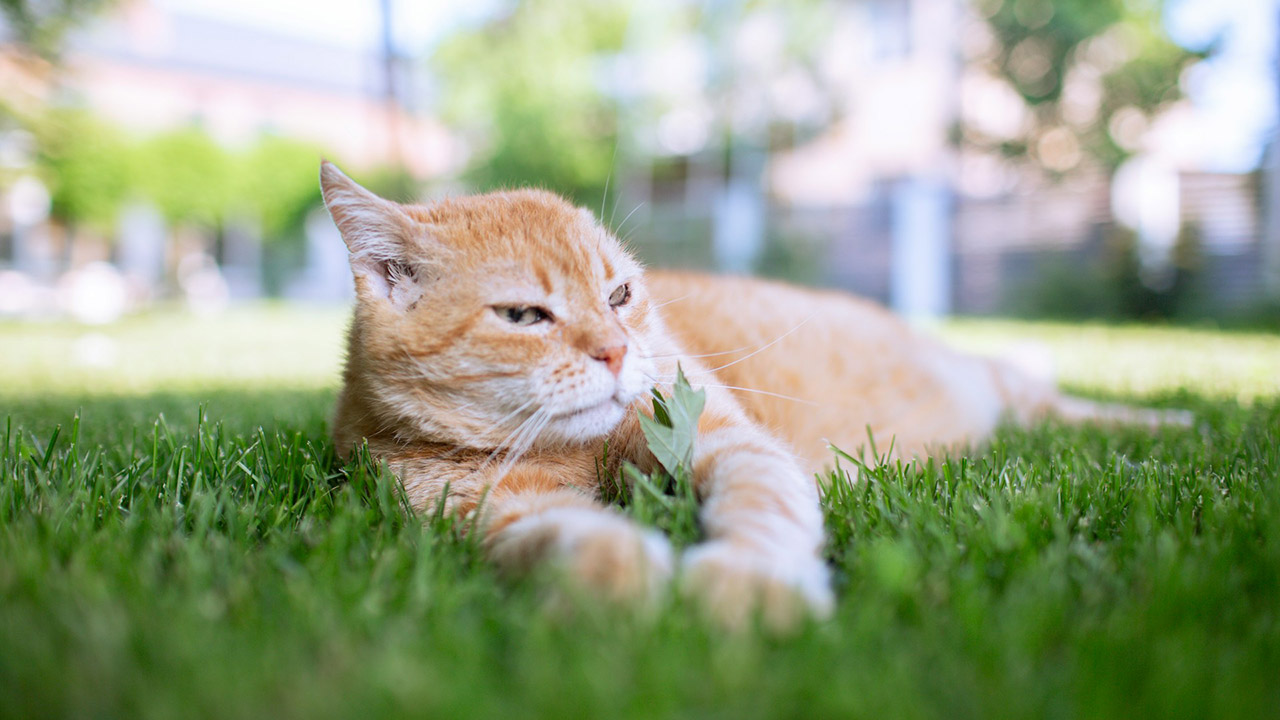How to Build a Safer Backyard for Your Pets
If your pets spend time outside, your backyard needs more than a fence and a water bowl. There are a lot of everyday hazards hiding in plain sight—some you’ve probably never thought twice about. From toxic plants to loose boards, here’s how to make your yard safer without overhauling the whole thing.
Check for Toxic Plants First

A good yard starts with what’s growing in it. Plenty of common plants—like azaleas, sago palms, and even ivy—are toxic to dogs and cats. Some can cause stomach issues, others can be deadly.
If your pet’s a chewer, walk the yard and identify what’s growing. You can use a plant ID app or take a picture to your local nursery. If it’s not pet-safe, pull it or fence it off.
Ditch the Cocoa Mulch

Cocoa mulch might smell great, but it contains theobromine—the same ingredient in chocolate that’s toxic to dogs. Some dogs are drawn to it, and even a small amount can make them sick.
Stick with cedar or pine mulch instead. They’re safer, less tempting to eat, and still keep weeds under control. Plus, they’re usually easier on the paws.
Double-Check the Fence

It doesn’t matter how tall your fence is if there’s a loose board or gap underneath. Dogs dig. Cats climb. And smaller pets can squeeze through tighter spots than you’d expect.
Walk your fence line regularly. Reinforce weak spots, fill in gaps near the bottom, and make sure gate latches are secure. If your dog is a jumper or climber, consider angled extensions to keep them in.
Keep Compost Out of Reach

Composting is great for your garden, but not for your pets. Moldy food scraps, coffee grounds, and certain veggies (like onions or garlic) can all be toxic if eaten.
Use a closed bin system or make sure your pile is far from the play area. If you’ve got a dog that’s always looking for a snack, you may need a physical barrier around it too.
Watch Out for Standing Water

That little puddle by the AC unit or the kiddie pool you forgot to dump out can become a breeding ground for bacteria and mosquitoes. Dogs might drink from it, and cats might step in it, then lick their paws.
Empty anything that collects rainwater, clean bowls daily, and keep your yard graded so water drains properly. It’s a small change that can prevent a lot of health issues.
Store Tools and Chemicals Safely

Shovels, trimmers, and anything with sharp edges should be stored in a shed or hung out of reach. The same goes for lawn chemicals, pesticides, and fertilizers—especially if you’ve got curious pets.
Even if you don’t use anything harmful, assume your neighbor might. If they spray near your property line, keep pets away until you know it’s safe.
Don’t Forget Shade and Fresh Water

In warmer months, pets can overheat fast. If your yard doesn’t have much natural shade, add a canopy, doghouse, or even a raised bed with shade cloth. It doesn’t have to be fancy—just functional.
Make sure they have access to fresh water too. Refill it every day and keep the bowl in the shade so it stays cooler longer.
Keep an Eye Out for Wildlife

Snakes, raccoons, coyotes, and even hawks can show up in backyards—especially if you live near water or woods. Most of the time they’ll avoid people, but they may not avoid your pets.
Trim tall grass, seal gaps in fencing, and don’t leave food or trash outside. If you’ve got chickens or smaller animals, make sure their enclosures are predator-proof.
Secure Trash and Recycling Bins

A knocked-over trash can is more than a mess—it’s a buffet of choking hazards, spoiled food, and sharp objects. Dogs and raccoons both love getting into it, and that can spell trouble fast.
Use bins with locking lids or keep them in the garage if possible. If your dog’s already gotten into the habit, you may need to add a bungee cord or weight the lids down.
Watch What You Plant in the Garden

Some veggies—like tomatoes, potatoes, and rhubarb—are toxic in their raw form. Even herbs like chives and leeks can cause problems if a dog eats enough. Chickens and cats can be at risk too.
Fencing off your garden beds is a quick fix. It keeps paws out of the soil and noses out of your harvest. Raised beds with a chicken wire cover work great if you want extra peace of mind.
*This article was developed with AI-powered tools and has been carefully reviewed by our editors.







